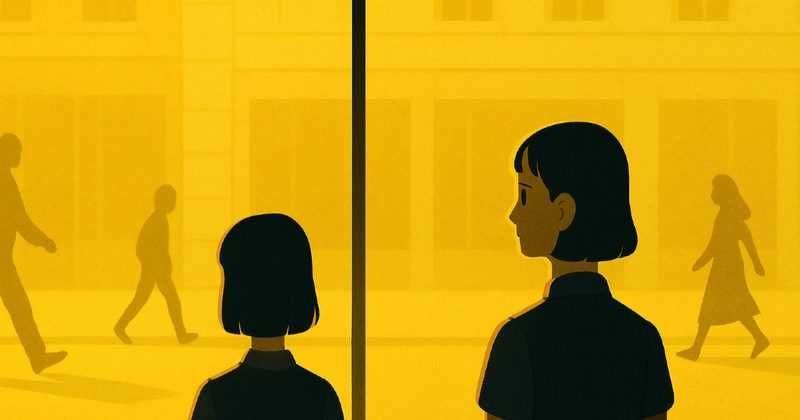The Introduction
I didn’t expect Klara and the Sun to be that good. Yet somehow, here it is—the first book I chose to write about on my blog.
Sure, I could’ve gone the easy route and done the usual “five bullet points” thing—main plot, key themes, lessons learned. But there are plenty of those already.
Instead, I want to just talk about it. What stuck with me. My own impressions and reflections.
So, here we go.
The Impressions
When I first started, it felt slow. Honestly, even a bit hard to get into. The story is told entirely through the eyes of Klara, a solar-powered Artificial Friend (“AF”) sitting behind a shop display, trying to figure out what it means to be human.
The world Ishiguro builds is full of paradoxes. Set in a far-off future where AFs live alongside humans to assist the children, yet the main theme of the book isn’t technology — it’s love! But not the cheesy, sweeping-romance kind. Klara’s love is about serving, putting herself second, knowing she’ll be replaced or forgotten someday. Which, if you think about it, isn’t so different from human love. We love knowing it won’t last—whether because things change, people grow apart, or time just runs out.
Klara’s love is shaped by her unique way of seeing the world. A robot, built for logic, she believes the Sun is a living being—one who can hear her pledges and has the power to heal Josie. She bargains with the Sun, sacrifices part of her own functioning, and devotes everything to this one mission. And her absolute belief makes even those around her start to wonder if maybe she’s right. Logically? Totally ridiculous. But perhaps that’s Ishiguro’s point—he’s not asking us to believe in miracles, but to see that love is universal, unbound by reason, and capable of blurring the line between the possible and the impossible.
In the end, Josie gets better. Klara’s “saved” her. But for Klara, nothing changes. She is quietly retired, discarded like something worn out. No dramatic climax, no grand reward. Just the quiet satisfaction of keeping a promise.
The Connection
That quiet sadness? It’s in every Ishiguro book I’ve read. In Never Let Me Go, the clones know exactly how their lives will end—just like Klara knows her limits. But they don’t let it stop them from caring, from giving what they can. In The Remains of the Day, Stevens’s unwavering loyalty to his profession blinds him to his own personal happiness. And yet, he keeps serving with the same devotion.
I think that’s what Ishiguro is really telling us: the most meaningful acts aren’t about resisting what’s inevitable, but about meeting it with dignity. It’s almost like something out of Buddhism: nothing lasts, and that’s not a tragedy to be fought, but a reality to be met with calm acceptance.
Maybe that’s why his books stay with me personally. Not because they tell you how to hold on, but because they show you how to let go—without bitterness, without drama, just grace.
